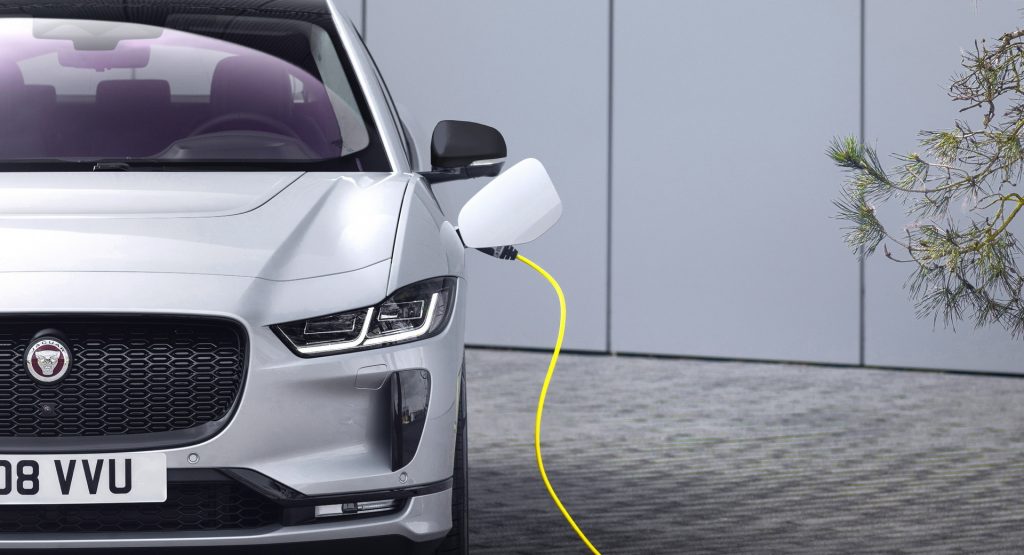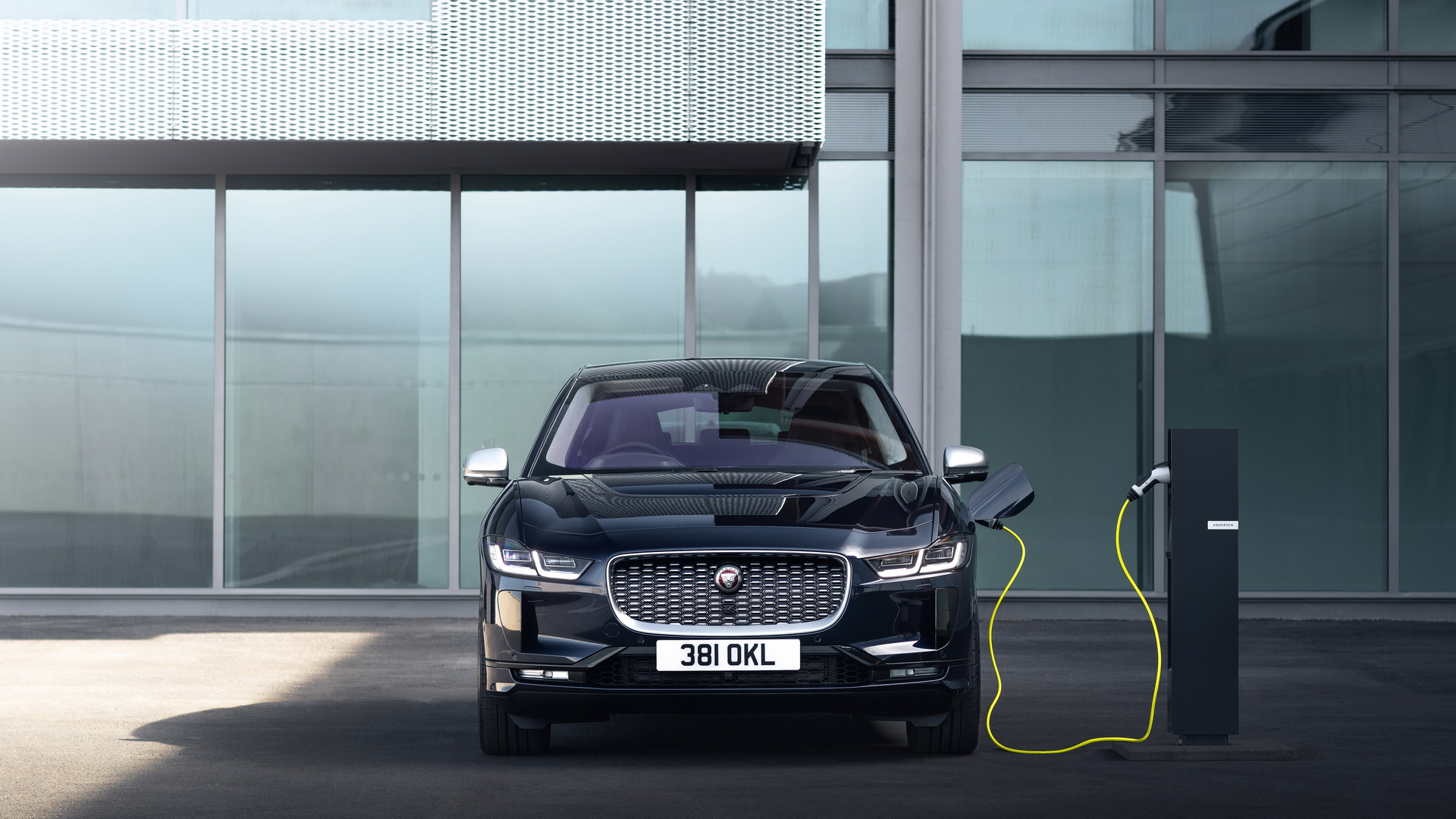Driving an electric car in the UK is about to get more expensive, and it’s got nothing to do with rising electricity costs.
The UK government says that from April 2025 EVs will lose their exemption from vehicle excise duty (VED), the levy on all motorized vehicles most Brits know as “road tax”.
Chancellor Jeremy Hunt is struggling to fix a massive financial hole in Britain’s finances partly resulting from a disastrous mini-Budget announced only weeks ago by his predecessor. Kwasi Kwarteng’s plan for massive unfunded tax cuts spooked financial markets, sending the pound plummeting and interest rates soaring.
Owners of petrol and diesel cars pay different VED rates depending on their vehicle’s CO2 output, while EV owners have so far enjoyed driving on British roads without paying any tax at all. Successive governments have offered tax-free driving as an incentive to get people to switch to electric power when EVs were still seen as a left field choice, but Hunt said ending the exemption would make the system fairer.
Related: UK Begins Targeting Tuned Cars And Antisocial Drivers With Noise Cameras
“Because the OBR (Office for Budget Responsibility) forecasts half of all new vehicles will be electric by 2025, to make our motoring tax system fairer I’ve decided that from then, electric vehicles will no longer be exempt from vehicle excise duty,” Hunt said during the government’s autumn statement.
Rates for electric cars will still be lower than those for heavily polluting combustion vehicles, and company car tax rates will remain lower for electric vehicles, Hunt saying he would limit the increases to 1 percent every year from 2025. But it’s still a blow for potential EV owners in the UK who saw the government’s plug-in electric car grant axed earlier this year.
“The prospect of additional running costs will drive more would-be buyers away from EVs when other incentives are being scrapped and high energy bills are eroding the advantages of going electric,” warned Auto Trader’s Ian Plummer, hearing of the announcement.
Most Brits, though, were probably expecting the move at some point given that the country is banning the sale of new combustion vehicles from 2030. Those tax pounds have got to come from somewhere. But there is still once option available to drivers determined to use the roads without paying a fee: buy an old car. Vehicles over 40 years old are exempt from both road tax and the annual MOT road worthiness test.









